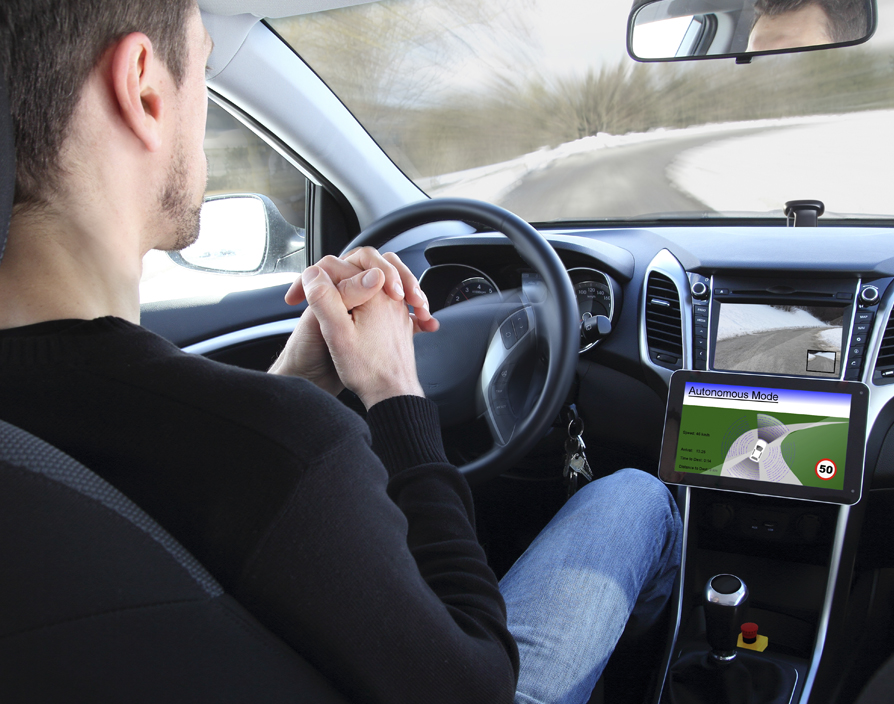Imagine all the cities of the future devoting their public spaces to people and not cars. That’s a vision John Zimmer, president and co-founder of ride-hailing startup Lyft, believes will become reality by 2025, predicting that the arrival of autonomous cars will abolish private car ownership.
Drawing upon research by the RAC Foundation, a UK transport policy and research organisation, Zimmer estimated that the average vehicle is only used 4% of the time. For the remaining 96% of the time they stay parked and take up space. But according to an opus the Lyft president published on Medium, that situation is about to change. “By 2025, private car ownership will all-but end in major US cities,” he said.
Zimmer attributed this change to the advent of the sharing economy and ride-hailing companies, both of which have contributed to American millennials being 30% less likely to own a car than previous generations, according to data from JD Power and Associates. Yet Zimmer believes autonomous cars becoming mainstream will mean people will be less likely to own cars of their own. “Every year, more and more people are concluding that it is simpler and more affordable to live without a car,” said Zimmer. “And when networked autonomous vehicles come onto the scene, below the cost of car ownership, most city-dwellers will stop using a personal car altogether.”
And it seems the Lyft co-founder is not the only one predicting a self-driving future. Elon Musk, CEO and co-founder of Tesla Motors, the car manufacturer, has predicted that autonomous vehicles will make it into the mainstream by a network of self-driving car owners renting their vehicles to others. “Elon is right that a network of vehicles is critical, but the transition to an autonomous future will not occur primarily through individually owned cars,” said Zimmer, believing private car owners don’t want strangers to use their cars.
Whether or not it’s Musk or Zimmer who proves to be right, having fewer cars on the streets in the future will give cities an opportunity to redesign urban environments. “Cities of the future must be built around people, not vehicles,” said Zimmer. “They should be defined by communities and connections, not pavement and parking spots. They need common spaces where culture can thrive – and where new ideas can be shared in the very places where cars previously stood parked and empty.”
You may call him a dreamer, but with Lyft having joined forces with General Motors to launch an on-demand network of autonomous vehicles, Uber rolling out a fleet of self-driving cars in Pittsburgh and Tesla Motors making strides with its own program, it seems we’re heading towards a brave new world without drivers. ![]()
Share via:


















































